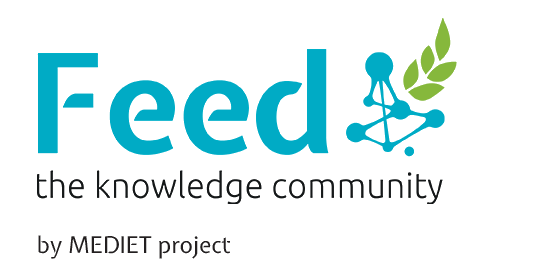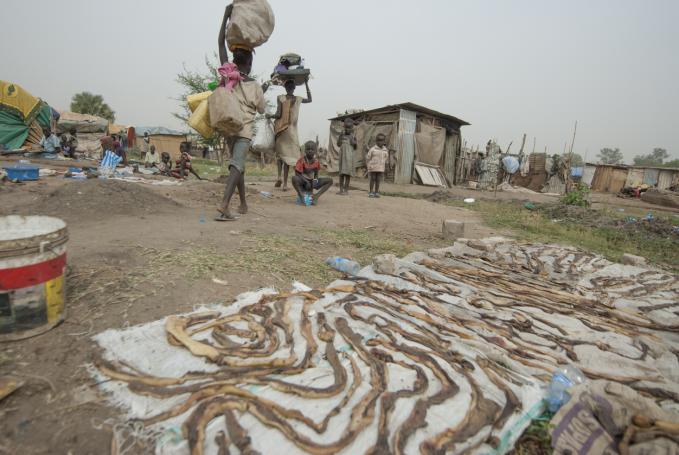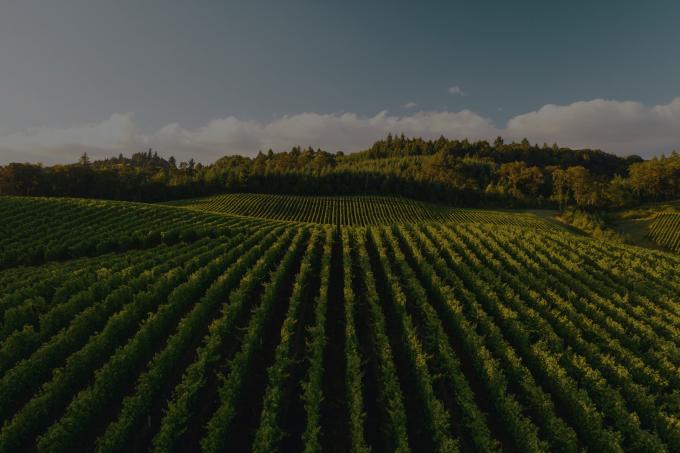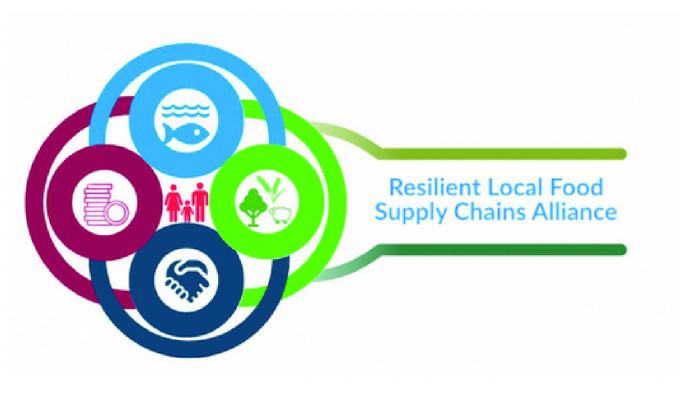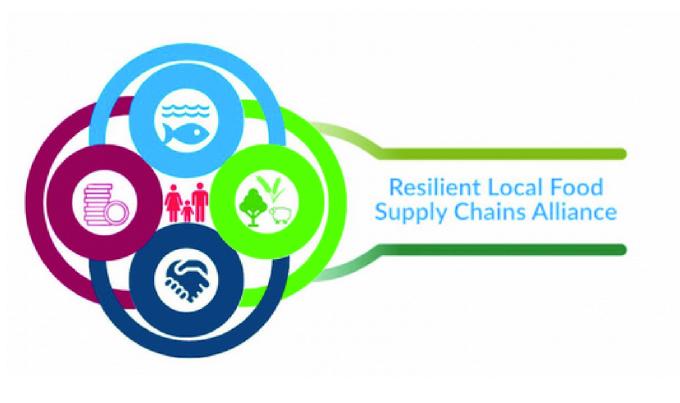Period
2015 - 2021
In the midst of the COVID-19 pandemic, there was an urgent need to strengthen the capacity and awareness of key ministries in Egypt to monitor and evaluate agricultural projects and related policies. The initiative developed the Egypt COVID-19 Food Policy Response Monitor to promote a culture of evidence-based decision-making and inform policy solutions to sustainably reduce poverty and hunger. Through digital mapping tools, policy research, training and policy papers, the programme enabled the government to estimate GDP, improve subsidy systems and strengthen nutrition initiatives. This practice led to real-time access to vital agricultural and food security data, contributing to rural income growth, poverty reduction, food security and nutrition in Egypt.
You must be registered to see all the content
Identification needs
The need for strengthening the capacity and raising the awareness of different Ministries (Ministry of Planning and Economic Development and Ministry of Agriculture and Land Reclamation) for monitoring and evaluation of agricultural projects and related policies especially with regards to the impacts of COVID-19.
Stakeholder change
Developed the Egypt COVID-19 food policy response monitor that tracks key changes in health responses, social protection, farm fiscal policies, and trade policies. The blogs, briefs, and policy monitor have attracted more than 38,000 views on the IFPRI and Ministry of Planning and Economic Development websites. Conducted 32 seminars that have brought together more than 2,000 national experts from the government, civil society, donors, and think tank communities, and attracted over 22,500 views of seminar proceedings online. The seminars are promoting a culture of evidence-based decision making and informing policy solutions to sustainably reduce poverty and end hunger and malnutrition in Egypt. Through the seminars, key government officials have agreed to strengthen evidence-based decision-making capabilities, analyze food and energy subsidies, and incorporate nutrition into key national programs.
Change triggered
Developed the Monitoring Agricultural Projects (MAP) in Egypt website (https://mapegypt.org), MAP Egypt, a digital mapping and knowledge management tool for the GOE and trained Ministry of Land and Agriculture and Land Reclamation staff to maintain and update the tool. MAP Egypt provides real-time access to agricultural, livestock, and food nutrition security data. This tool is used by the GOE, international organizations, and the interested public to better coordinate donor interventions and improve transparency.Developed a COVID-19 multiplier model and conducted related policy research, hosted a webinar, and provided training in collaboration with the Ministry of Planning and Economic Development and the Egyptian Center for Economic Studies that have been used by GOE to help estimate the Gross Domestic Product for the fourth quarter of the 2019/2020 fiscal year.
Published eight policy papers on agriculture-nutrition linkages, climate resilience, and fertilizer subsidies that have resulted in the lifting of energy subsidies, supported a cash transfer program, and a smartcard-based food subsidy system that gives beneficiaries more healthy choices.
Short description
The program contributes to rural income growth, poverty reduction, food security, and nutrition in Egypt. This program conducts policy evaluations and assessments, builds digital monitoring tools, delivers training, and provides policy advisory services in collaboration with the Ministry of Planning and Economic Development, the Ministry of Social Solidarity, and the Ministry of Agriculture and Land Reclamation.
Impact evaluation of USAID-funded agriculture and nutrition-related programs in Upper Egypt, Capacity building of the Ministry of Agriculture and Land Reclamation (MoALR) related to monitoring and evaluation (M&E) of development program,
Promotion of evidence-based policy making through demand-driven, actionable research and policy advisory services.

